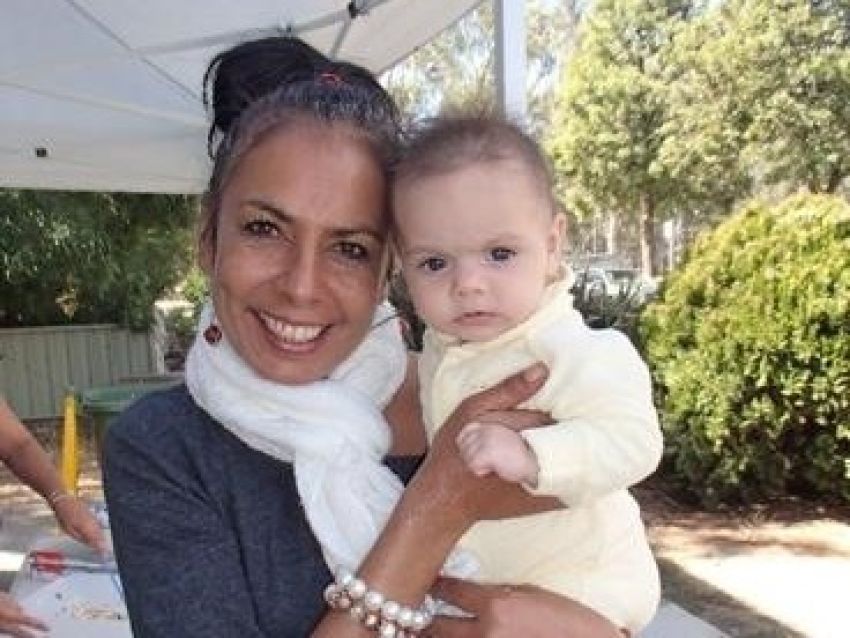
The coronial inquest into the death of Yorta Yorta woman Tanya Day, due to start on August 26, will be the first of its kind to consider the role systemic racism plays in an Aboriginal person’s death in custody.
For some time, there has been a push for public drunkenness laws to be abolished, including a recommendation from the 1987-91 Royal Commission into Black Deaths in Custody.
In 2017, Tanya was travelling from Echuca to Melbourne and fell asleep on the train. Police were called; they took Day into custody using Victoria’s public drunkenness law.
In custody, Tanya sustained injuries, including to her head. She was hospitalised that night and died a few days later.
Victorians can be charged for being drunk, or drunk and disorderly, in public spaces under Sections 13 to 15 of the Summary Offences Act 1966.
As the Royal Commission into Black Deaths in Custody heard and concluded years ago, public drunkenness laws have led to numerous Aboriginal deaths in custody. They are used to systematically discriminate, prosecute and incarcerate Aboriginal people.
Gunnai and Gunditjmara woman Meriki Onus told community radio 3CR in March that the law was being unfairly applied to “over police Aboriginal people”. It is symptomatic of “wider systemic abuses against First Nations people in Australia and around the world”, she said.
Tanya’s family has launched a petition calling for the decriminalisation of public drunkenness and for a health and community response to public drunkenness. Non-custodial solutions that emphasise appropriate monitoring and care for the individual are being proposed.
This could include “sober-up” shelters, liaising with the Aboriginal Community Justice Panel and assisting the person home to the care of friends and family.
Onus said that access to services, poverty and homelessness — which disproportionately affects Aboriginal people — are contributing factors to public drunkenness and must also be addressed.
Victoria and Queensland are the last two Australian states to criminalise being drunk in a public space. Police in New South Wales can charge a person for being drunk and disorderly if that person has been directed to move on and does not leave in under 6 hours of the directive.